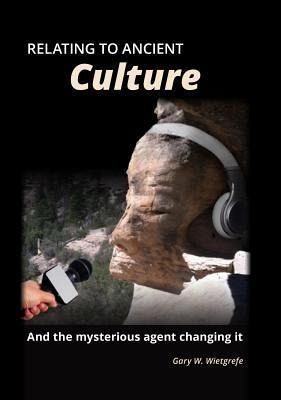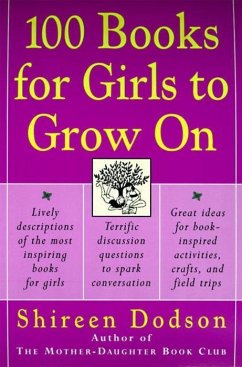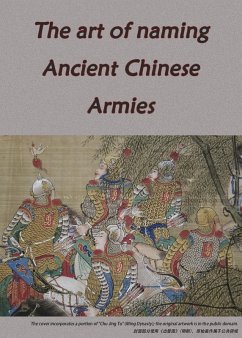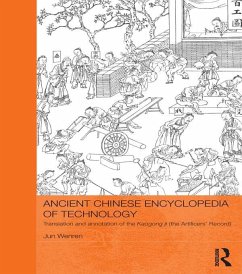
Relating to Ancient Culture (eBook, ePUB)
And the mysterious agent changing it

PAYBACK Punkte
6 °P sammeln!
Explore the Cultural Schism between Ancient and Modern Times: What is the state of culture in the world today? In general, is culture changing? At age twenty, is Johnny, Juan, or Johan as financially and socially stable as when their grandfather turned twenty? Is Mary, Mia, or Maria teaching their children, and employed like their grandmother at age twenty? If not, culture is changing. Change involves many contributing factors. Relating to Ancient Culture compares modern society with that of our parents, grandparents, and even ancient culture in an attempt to solve the riddle of what caused su...
Explore the Cultural Schism between Ancient and Modern Times: What is the state of culture in the world today? In general, is culture changing? At age twenty, is Johnny, Juan, or Johan as financially and socially stable as when their grandfather turned twenty? Is Mary, Mia, or Maria teaching their children, and employed like their grandmother at age twenty? If not, culture is changing. Change involves many contributing factors. Relating to Ancient Culture compares modern society with that of our parents, grandparents, and even ancient culture in an attempt to solve the riddle of what caused such a cultural shift. Since the beginning of time, humans have always had to satisfy their basic needs: food, clothing, shelter, and training children to insure they are self-sustaining. If basic cultural needs remain the same, why does the current culture seem to be changing more than in the past? What will be some of the consequences of current societal practices? • Ancient life followed nature. • A culture can only develop as its educated are gainfully employed. • Early cultural awareness starts at home. • At what age do parents give children responsibility? If it is at college graduation, they are two decades too late. Dependency is taught. • Why were teenagers old enough to work eight hundred years ago, but not today? • Based on the historical accomplishments of people whose lives were half the current lifespan, we wean later, learn slower, and are less mentally developed upon entering adulthood. • Team approach is often preferred over individual initiative. • Innovation has slowed since the 1960s as the adoption rate of technology has quickened. • Fascination with technological gadgets has replaced intellectual pursuit.
With current comparisons, disputable contentions, and subtle humor, discover how and why society is being transformed. Enjoy Relating to Ancient Culture and the Mysterious Agent Changing It. For more detail see: www.relatingtoancients.com.
With current comparisons, disputable contentions, and subtle humor, discover how and why society is being transformed. Enjoy Relating to Ancient Culture and the Mysterious Agent Changing It. For more detail see: www.relatingtoancients.com.
Dieser Download kann aus rechtlichen Gründen nur mit Rechnungsadresse in A, D ausgeliefert werden.













